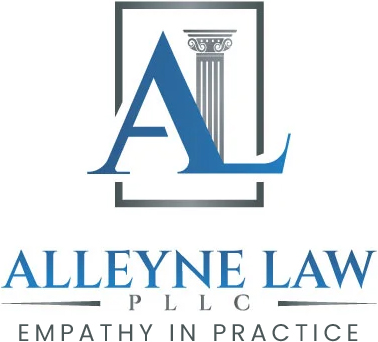Estate Planning
Protecting What Matters at Every Life Stage
Planning for the future is one of the most important steps you can take to protect your family, your assets, and your legacy. At our firm, we provide thoughtful and personalized estate planning services tailored to your needs—whether you’re preparing your first Will, establishing a Trust, or ensuring your wishes are respected during illness or incapacity.
Estate planning is the process of organizing your legal and financial affairs to safeguard your assets, provide for your loved ones, and ensure your preferences are honored—both during your lifetime and after your death. It’s more than just drafting a Will. it’s about creating a plan that gives you control, minimizes uncertainty, and avoids unnecessary court involvement.

- Direct who inherits your property
- Appoint trusted individuals to make decisions if you become incapacitated
- Prevent court delays and minimize family disputes
- Protect your business, real estate, and financial interests in emergencies
We understand that estate planning is a deeply personal journey—one that balances both caring for your loved ones and protecting what you've worked so hard to build. By creating a thoughtful plan today, you're providing invaluable guidance and support for your family when they'll need it most.

Our estate planning services include

Wills

Trusts
Trusts establish robust frameworks that operate during your lifetime and continue seamlessly after death without court intervention, completely avoiding New York’s probate process while maintaining full privacy of estate affairs. They provide immediate incapacity protection and enable sophisticated multi-generational asset management and distribution strategies. However, trusts demand more complex initial setup and ongoing administration, cannot nominate guardians for minor children, and require proper funding through asset transfers to function effectively. Trusts also involve periodic tax filings and administrative oversight that can be managed with proper professional guidance.
Revocable vs. Irrevocable Trusts
Testamentary Trusts

Trust Strategies

Healthcare Proxy
Living Will

Power of Attorney

Protect Your Legacy

Wills
Specify how your assets will be distributed and appoint guardians for minor children.

Revocable Living Trusts
Avoid probate and maintain control over your assets during your lifetime.

Powers of Attorney
Authorize someone you trust to manage your financial affairs if you’re unable to do so.

Health Care Proxies
Appoint a trusted person to make medical decisions on your behalf if you become incapacitated.

Trust-Based Planning
Including Medicaid Asset Protection Trusts and Supplemental Needs Trusts designed to preserve your home, qualify for long-term care benefits, or support a loved one with special needs.
We take the time to listen, explain your options in plain language, and craft a plan that aligns with your goals and values. Whether you are a senior, single, married, or retiree, we are committed to helping you prepare for the road ahead. Our approach ensures your unique needs are addressed with compassion. The next chapter of your life begins here.
Contact us today for personalized estate planning guidance.
